Many clients with young children ask me how to plan for the possibility that they may die before their children become adults. This is a particular concern for a single parent. In this scenario, there are two issues that need to be addressed: who will care for the children until they become adults, and how will the assets that the parent devises to the children be managed during this time.
Pre-Need Guardian Declaration
A pre-need guardian declaration is an instrument prescribed by Florida Statute § 744.3046 in which a competent adult tells a court whom she would like to be a guardian of herself or her minor children under certain circumstances. The declarant must reasonably identify the chosen guardian in the document, sign it in front of 2 witnesses, and then file it with the local clerk of court.
A guardianship for minor children needs to be established when the last surviving parent dies or becomes incapacitated. A parent plans for this contingency by filing a Pre-Need Guardian Declaration while she is alive and well (hence “pre-need”). If the children subsequently become orphaned, the court will hold a hearing to determine who to appoint as their guardian. The Court considers the wishes expressed by the parent in the pre-need guardian declaration in this proceeding. Ultimately, the Court has absolute discretion to select a guardian that will best serve the interests of the children.
Testamentary Trust
A parent can plan for her children’s financial well-being by creating a testamentary trust in her will. This provision typically creates an irrevocable trust upon the death of the testator. In the case of a testamentary trust for a minor child, the trust corpus will consist of assets that the parent devises to a trustee for the benefit of the minor child. The Trustee will manage these assets on behalf of the child until he becomes an adult.
Uniform Transfers to Minors Account
The Uniform Transfer to Minors Act is a model law intended to simplify custodial transfers of assets to minors. A UTMA account provides some of the advantages of a trust, but is easier to set up and less costly to administer.
Florida’s version of the UTMA can be found at § 710.101 of the Florida Statutes. It provides for a party to transfer assets to an account controlled by a designated custodian (who could be the transferor) for the benefit of the minor. Upon transfer to the UTMA account, the property belongs to the minor, but the custodian manages it as the minor’s fiduciary.
A UTMA is a popular way to transfer funds for the benefit of a minor beneficiary when the transferor definitely intends for the minor to take control of the asset when he becomes an adult. A trust, on the other hand, would be preferred in a situation where the transferor does not wish for the minor to become outright owner of the asset when he reaches the age of majority. Also, the trust affords the beneficiary protection from collection efforts by his creditors while a UTMA account, to which the beneficiary has legal title, is not protected from such actions.
Contact attorney John Clarke at (305)467-5560 if you would like assistance with estate planning.




